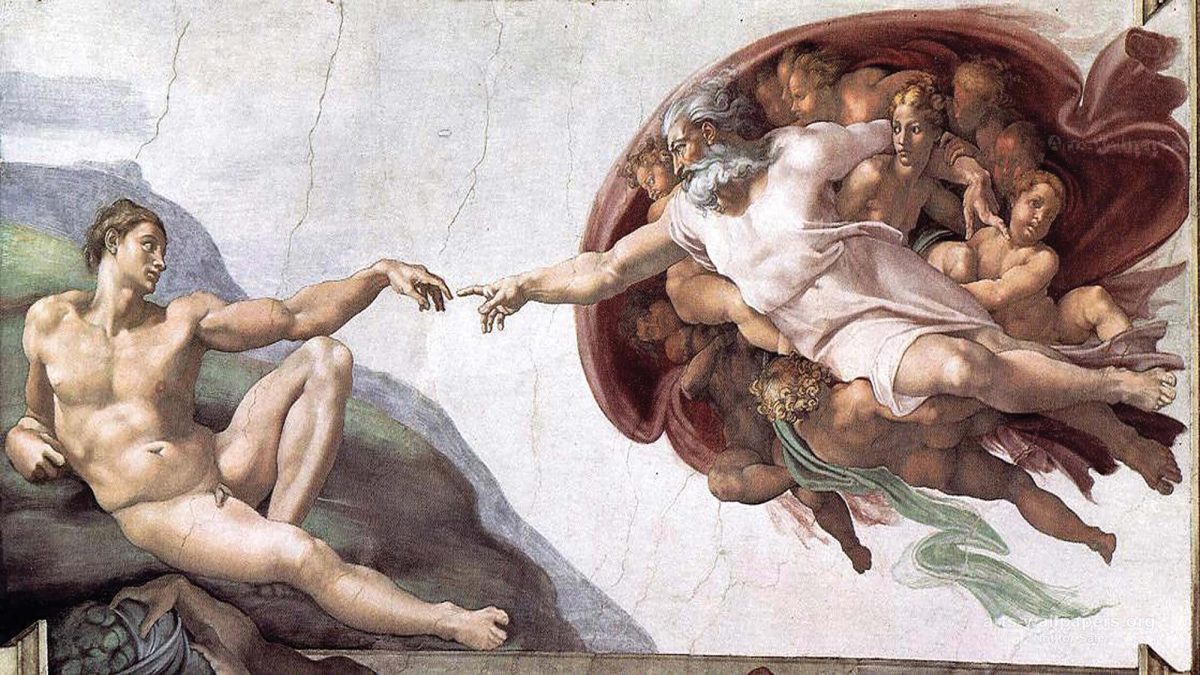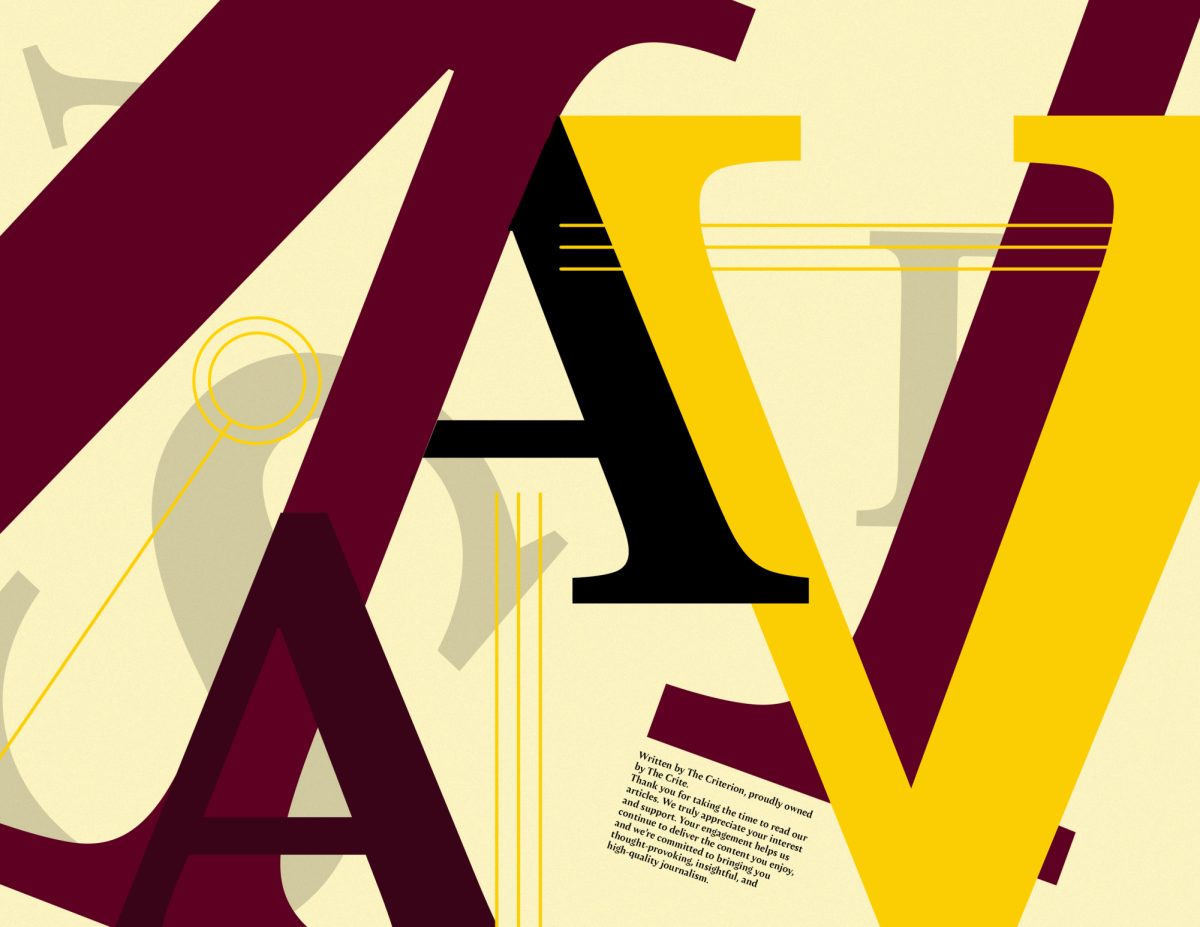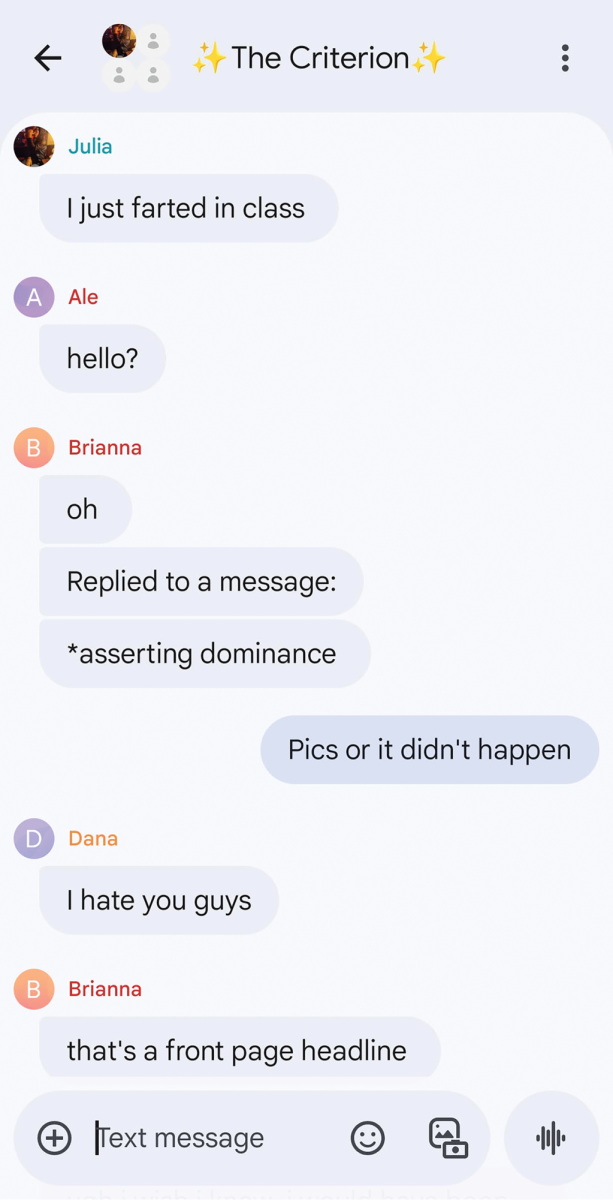I don’t want to be a journalist when I “grow up.” Or a radio talk show host. I don’t want to be a magazine writer or editor. But, I work for a Colorado Mesa University media organization anyway.
Naturally, many of you might ask me why. We attend college during a time in which professors, parents and advisors tell us to pursue our passions. Most of us spend every waking hour on homework (somehow) related to our future job, or side projects to add to our portfolio. I’ve never had anyone advise me to join a club or organization that’s somewhat unrelated to what I want to do later in life.
However, working for The Criterion is a rewarding experience, and it’s more than something I can add to my resume to prove I did more in college than read a lot of books and watch a lot of Netflix.
Before I worked for The Criterion, I never had a chance to interact with students outside my English and Spanish degrees in an academic setting. I might see these other students at the gym, at parties or because they’re on my athletic team, but it’s not like we spent these interactions discussing the government shutdown or the women’s march that took place last Saturday all across the country.
At a student media organization, you’ll naturally be provided with chances to discuss not only these issues but how they affect CMU and our fellow students. When pitching and writing articles, I get to hear the perspective of many mass communication students who study article structure and journalism every day. And, on the other hand, they get to hear my perspectives about feminism and other forms of criticism I learn in my English classes and the Latin American culture I continue to learn in my Spanish classes.
Just as you’ll learn from the students around you, you can also bring a new voice to student media. The more students who work in student media, the more diverse and wholly representative our media organizations—The Criterion, Horizon Magazine, KMSA and CMU TV—can be.
[media-credit id=113 align=”alignright” width=”300″] [/media-credit]
[/media-credit]
Working for a student media organization will not only provide you with an outlet to share your unique opinions and expertise, but it will also help you refine your voice. Since writing for The Criterion, I’ve developed more than just my dry academic writing voice. I had to find a voice with which to write various opinion articles, try some satire pieces and learn to cover politics while attending the Associated Student Government meetings every Wednesday.
I can not only express myself in various styles of writing better than I could before, but I’m also more informed about what’s going on around campus as I do it. Media organizations will put you in contact with ASG senators, Cultural Diversity Board coordinators, club presidents and other students who want to make a difference at CMU.
It’s easy to have opinions when you are surrounded by those in your major or others who think like you. At a student media organization, you’re likely to be surrounded by those who think differently than you and therefore learn to broaden your own ideas or defend them more fully.
However, the lessons I’ve learned and the value that comes from involvement in student media organizations goes beyond the impact I can have at CMU.
In an organization as public as a media one, you’ll have to deal with public criticism no matter what you write or say. No matter what. Seriously. If you write a piece on why ice cream is better than chocolate cake, you’re going to get some passionate criticism. There’s no issue too trivial for Facebook commenters to discuss.
But, it’s the criticism and the discussion that make student media organizations worthwhile. Some comments may teach you how to improve your article, radio show or TV broadcast. Others may simply teach you to develop a thick skin, which is an asset no matter what career you choose later on.
Perhaps the most important lesson you can learn while working for a student media organization is one that pertains directly to the current political climate, though. It doesn’t matter where you stand in the “fake news” debate, whether you vote for the current president or not—working for media helps you understand media.
If working for The Criterion makes you more sympathetic to the work The Washington Post reporters had to do to uncover reports of sexual misconduct throughout Hollywood—good. If working for Horizon Magazine helps you understand the difficulty of capturing the right anecdote with the right tone of voice—good.
If, on the other hand, working for student media makes you even more critical of news outlets—good. The more analytical, sharp-thinking people who read the news, the better. When nearly every media outlet is under scrutiny, it’s better to be familiar with the process and able to analyze it than blindly criticize whatever news channel lies opposite your favorite.
The more students who join CMU student media, the better the campus life and culture can be. However, student media can do more than just make CMU a better, more informed and more diverse place, it can help create analytical, quick-thinking students ready to enter the workforce.








